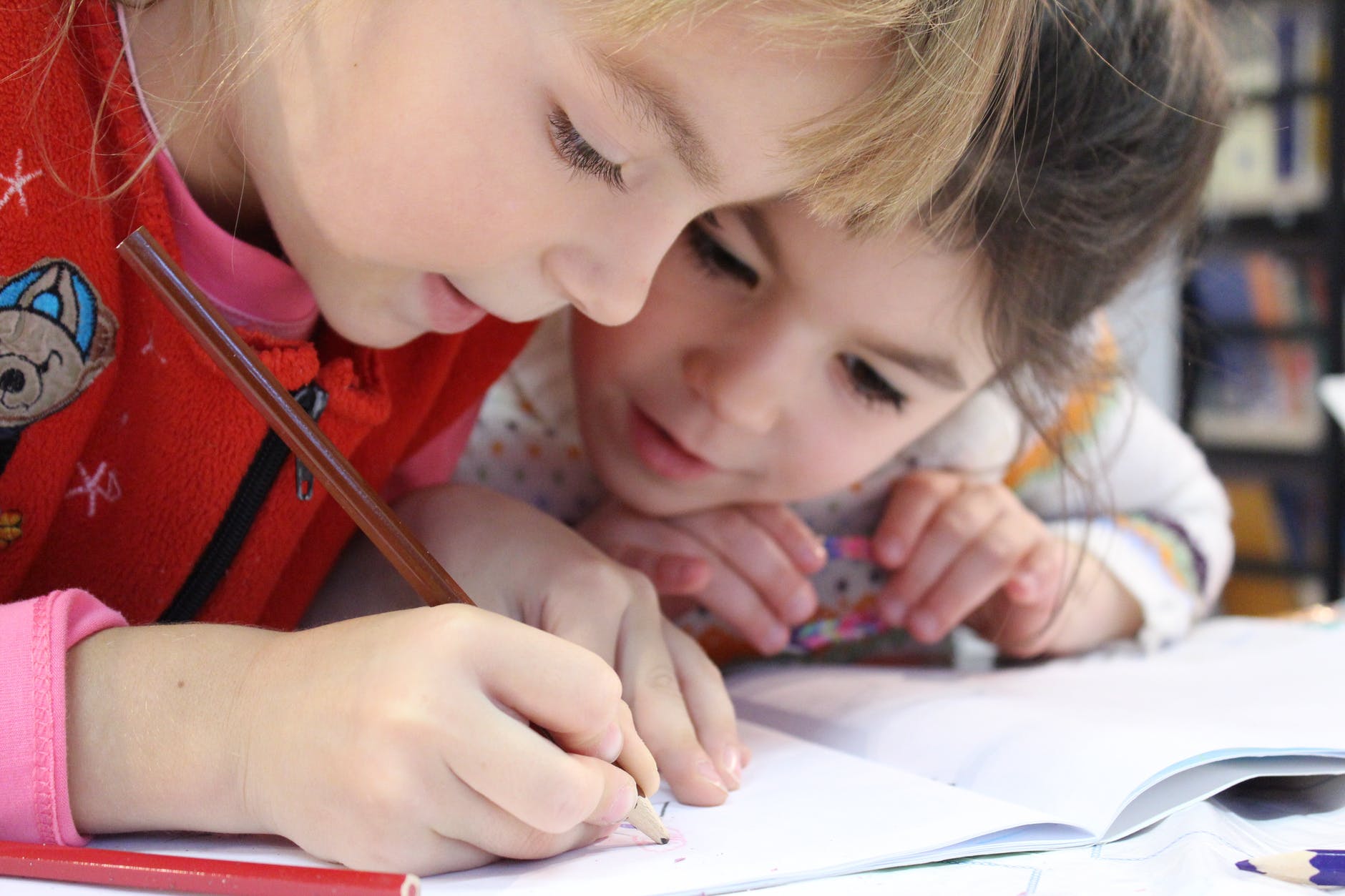
9 Parenting Tips to Survive and Maybe Even Enjoy Social Isolation With Your Children
9 Strategies for Helping Your Child Thrive While They Are Out of School
Lower your expectations.
Close your eyes and picture what is most important to you as you consider these few weeks. Whether in terms of behavior or learning goals, keeping our goals in perspective might help you not get lost in the little power struggles that truly do not matter.
Practice encouragement.
This means to comment on effort, even if the effort is minimal or sporadic or even imaginary (e.g., when your child accidentally does something helpful). Say thanks for what your child does with the hope that they will do more of it simply because they know they can — and that it feels good to be capable.
Encouragement is highly effective in motivating kids to both sustain and increase their effort in the long run.
Relationships and cooperation go hand in hand.
When relationships are in a rut, it is near impossible to get children to cooperate and do what we ask of them. Spending time with your kids playing games, reading, talking, doing puzzles, even occasionally playing video games can do a lot to build connections and grow their willingness to listen and comply with what we ask of them.
Beware of rewards and bribes.
Extrinsic motivators (such as rewards) are not effective in the long run. Instead, teach kids to focus on doing things because of intrinsic motivation. Intrinsic motivation is what causes a person to do something because it is fun or personally rewarding. For example, a child may sweep the floor and feel a sense of accomplishment. That feeling (the instrinsic motivation) helps encourage a child to help out around the house.
Listen and make sure your child knows you are listening.
Being heard is important for all of us. If your child is upset or frustrated, state that you understand his or her concerns.
Be specific: “I understand that you are upset that it is time to turn off the TV and come to dinner” or “I understand that you are upset that your brother is in your space and distracting you.”
Simply feeling heard can often go a long way in preventing negative behaviors.
Beware of praise.
Praise teaches kids to do things our way and sometimes leaves them feeling that they are either “good” or “bad” or “capable” or “incapable”. Instead of praise, focus on encouragement. Encouragement focuses on effort —however small the effort is — and meets kids where they are. This encourages a willingness to try and fail … and ultimately grow. All we can ask for, as parents, is a willingness in our children to do what we ask them to do willingly and with the willingness to learn and grow.
Work with your children to create routines and plan for these weeks ahead.
Maybe every day will be the same, and your children strive on predictability and structure. Maybe you want to add some flexibility.
The goal should simply be to allow your children to make some choices and then help them stick to whatever routine or agreement is made.
Be kind and firm.
Remember that we as parents get the opportunity to model the behavior we most desire in our children. If we are kind, they are more likely to be kind. If we are patient, they are more likely to be patient. If we sit down instead of arguing with them, they are much less likely to act out and become frustrated or upset.
Remember that as we parent our children it is important to provide lots of opportunities for success AKA “do overs.”
If your child yells at you or is disrespectful, remember that if you yell and act like it is the end of the world, then your child will be unlikely to feel capable of acting any other way. If we instead respond with love and understanding without yelling ourselves, then your child may be willing to try again when calm.
Remember that one of the goals of parenting is to teach kids more effective strategies to deal with disappointment and life. You can do your child a huge service if you allow them a safe, loving environment to learn how to respectfully disagree and negotiate effectively. Simply by learning strategies to effectively be heard while also learning that they will not always get their way (and that the way they respond to that impacts their future) is truly a wonderful gift that parents can give their children.
There Might Be Rough Patches… But That’s Okay
One of the best things we can do for our children is to show them that we as parents make mistakes too. Model a willingness to make changes and take a minute to learn ourselves … for the greater good. When parents are willing to be “imperfect” and allow themselves to be vulnerable with their children (by acknowledging their part in whatever disagreement or struggle), kids learn that they, too, can take responsibility for their part without shame or fear and hopefully can begin working on actual solutions that can lead to much more peace and productivity.
What Am I Doing With My Kids?
About Dr. Kristi Briscoe
Dr. Kristi Briscoe is a pediatrician who has devoted her full career to caring for Children and Teens struggling with ADHD. Dr. Briscoe’s passion for treating ADHD stems from her personal experience as a parent in a home touched by ADHD. Dr. Briscoe understands the struggles that every parent faces while trying to raise a child with ADHD, and has engaged in extensive study in the treatments and parenting strategies that have been proven most effective for families seeking to help their child reach optimal potential in life. Her genuine concern for children, depth of knowledge, and ability to connect with both child and parent have earned her an excellent reputation in the local community. You can read her full biography here.
Related Posts
Why Do I Feel So Overwhelmed?
Sometimes our feelings of overwhelm are a result of our thoughts and self-talk....
What Is Growth Mindset?
“In a growth mindset, people believe that their most basic abilities can be...


